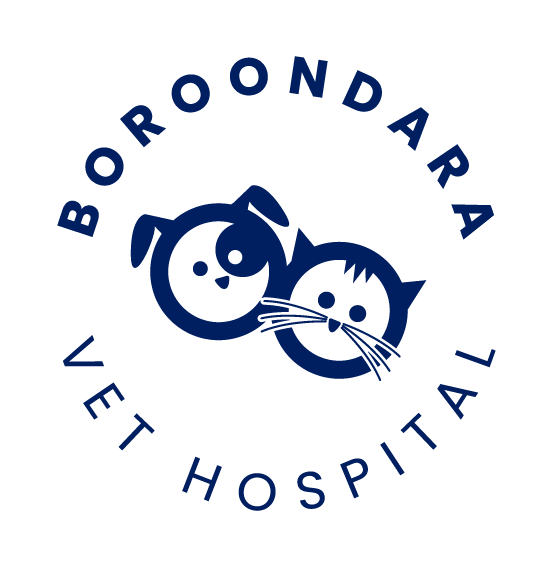Library
-
Hydroxyzine is an antihistamine. Antihistamines are used to relieve or prevent the symptoms of allergy. Your veterinary surgeon may prescribe this medication to prevent itching in dogs and cats.
-
Hypocalcaemia is a term that refers to low blood concentrations of calcium. Calcium is an important electrolyte (chemical) within the body, and is needed for normal function of muscles and nerves.
-
Hypocalcaemia means low circulating blood calcium. It is most commonly observed in eclampsia, or so-called milk fever, which may occur in bitches at any time during lactation or sometimes immediately before they whelp.
-
The thyroid gland regulates the rate of metabolism (body chemistry). If it is less functional than normal, metabolism slows down.
-
Hypromellose is a tear substitute used to moisten and lubricate eyes. It is used when your pet has keratoconjunctivitis sicca (dry eye syndrome).
-
Imidacloprid is a topical insecticidal agent prescribed by your veterinarian to treat fleas on dogs, cats and rabbits. It can also help in control of allergic skin disorders due to fleas.
-
Imidapril may be used to treat high blood pressure and as a vasodilator in the treatment of heart failure.
-
Immune stimulants, or immunostimulants, are herbs or neutraceuticals (nutritional supplements) that have a beneficial effect on the body's ability to fight infection, disease and injury.
-
Urine spraying is part of the cat's normal scent-marking behavioural repertoire which also includes scratching, rubbing, chinning, bunting (depositing secretions from head glands on twigs etc., and middening (leaving faeces uncovered).
-
Indoor marking behaviour can be confused with a breakdown in toileting behaviour.

